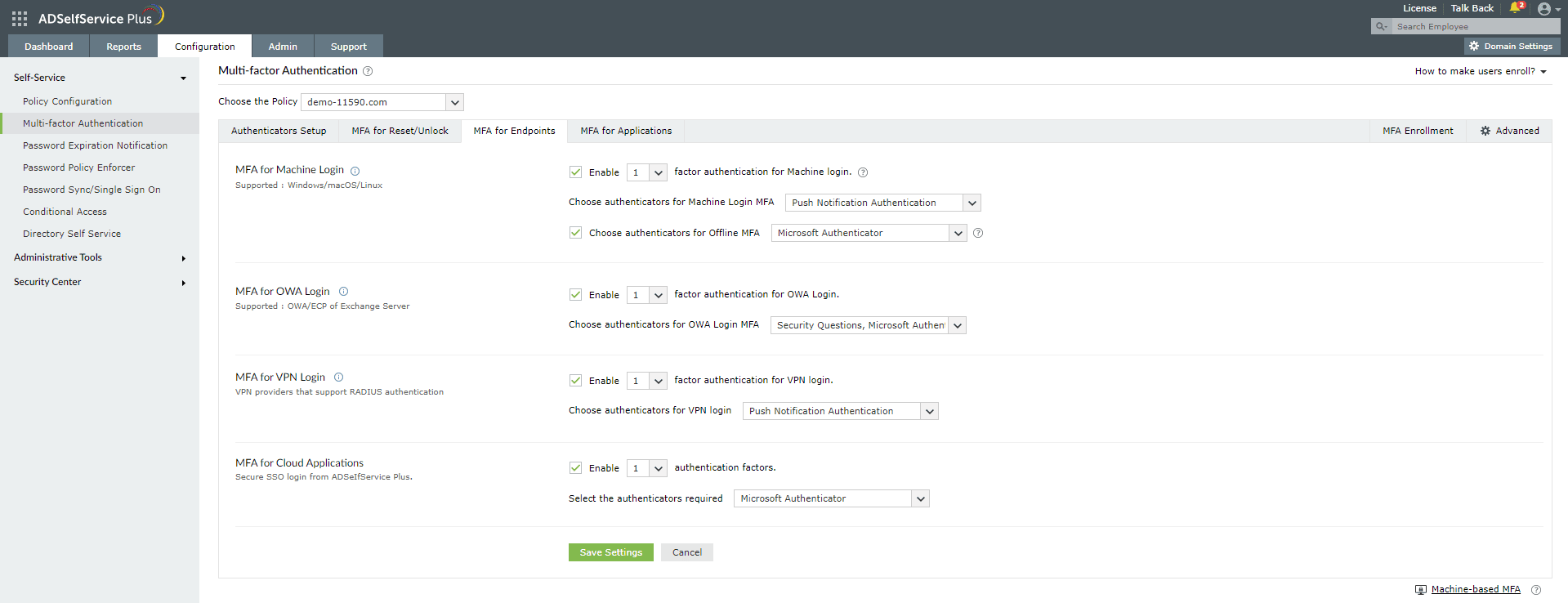Cyber insurance, also known as cyber liability insurance, is an insurance policy designed to help organizations mitigate the financial risks associated with conducting business online. This kind of insurance provides cyberattack financial protection against potentially adverse cyber incidents, like data breaches and ransomware attacks. It enables businesses to mitigate the financial impact of a cyberattack, including the costs of legal fees, customer notifications, system repairs, and managing public relations.
In today's digital age, businesses are run almost entirely online, resulting in a significantly larger attack surface. Having robust data breach insurance policies in place along with ransomware attack coverage is crucial for organizations of all sizes in defending against today's sophisticated cyberattacks. The financial and reputational damage caused by a cyberattack can be devastating, making cyber insurance benefits a vital component of any risk management strategy.
When selecting a cyber insurance policy, businesses should consider the following:
Implementing strong IAM practices, such as MFA, user behavior analytics, and role-based access control, and maintaining stringent cyber hygiene practices, such as regular patching, network monitoring, and employee training, not only prevent cyber incidents but also demonstrate a commitment to security. This proactive approach is beneficial during cyber liability insurance analyses, as it can lead to better policy terms and lower premiums.
Enhancing security through robust measures includes deploying identity security solutions like ManageEngine ADSelfService Plus. This tool enforces strong security practices, including securing critical resources with MFA for Active Directory, to secure vulnerable endpoints.
Adaptive MFA, also called risk-based MFA, adjusts authentication factors based on users' login risk levels, which are derived from contextual data such as consecutive login failures, geolocation, device type, time of access, or IP address. The authentication factors presented to users change according to the calculated risk levels.

For example, if a user logs in to their device at an unusual time or from a different place, they may be asked to verify their identity with additional authentication factors. If the user's login activity continues to appear suspicious, they will be denied access. Conversely, to enhance the user experience, the MFA process may sometimes be skipped for users when no risk is detected.
ADSelfService Plus secures a wide range of endpoints by providing MFA for Windows, macOS, and Linux machines, and logins to VPN, OWA, and cloud applications. It provides robust security with support for 20 different authentication methods, including biometric authentication, FIDO passkeys, RSA SecurID, and QR code authentication.

This comprehensive protection meets compliance standards such as the NIST's Cybersecurity Framework, the GDPR, HIPAA, and other trusted regulators. Deploying the solution can enhance an organization’s resilience, safeguard against potential cyberattacks, and lower insurance costs.
Overall, cyber insurance benefits, such as financial protection, data recovery insurance, and business interruption insurance, are critical for businesses in this digital age, providing peace of mind against the ever-present threat of cyberattacks.